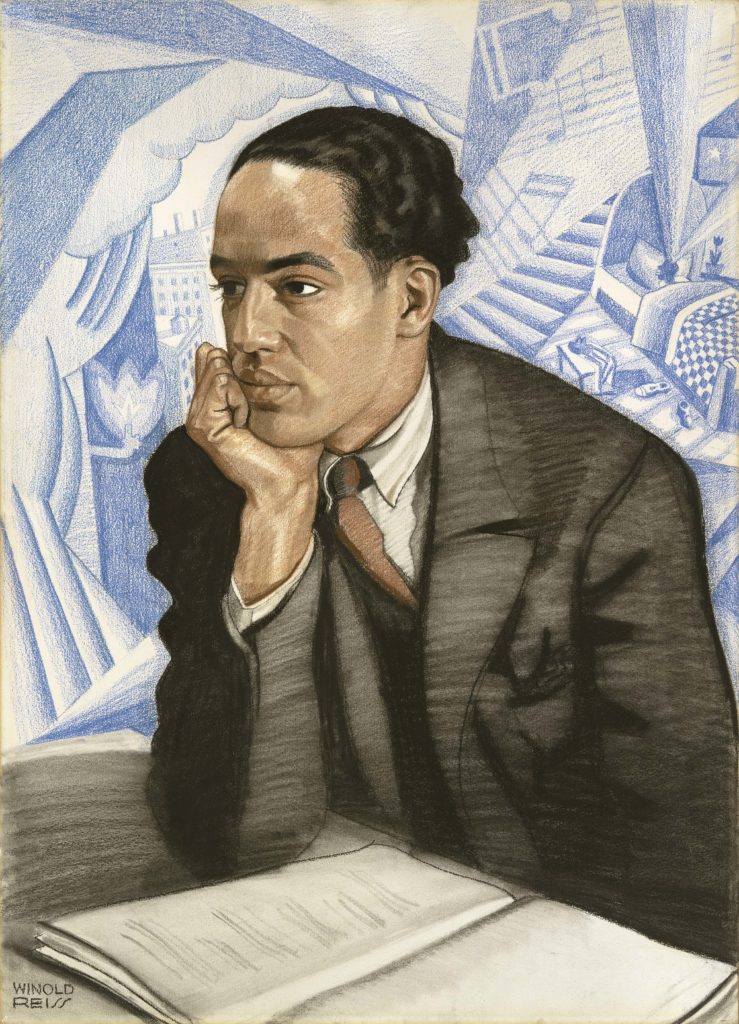Langston Hughes (1902–1967) was a major American poet, novelist, journalist, and playwright. He was known for his insightful and powerful portrayal of African American life in America from the twenties through the sixties. He was also known for his engagement with the world of jazz and the influence it had on his writing. He had an enormous impact on shaping the artistic contributions of the Harlem Renaissance of the 1920s.
During the twenties, Hughes “used language and themes, attitudes and ideas familiar to anyone who had the ability simply to read . . . Until the time of his death, he spread his message humorously—though always seriously—to audiences throughout the country, having read his poetry to more people (possibly) than any other American poet.”
Hughes wrote eleven plays and countless works of prose.
He was particularly active in the left during the 1930s, though he never joined the Communist Party, and his politics led to Ray P. Chase to include his lecture at the University of Minnesota in Are They Communists or Catspaws, with information provided by Dean Edward Nicholson.
Hughes spoke at the University in 1935 when he was most politically involved.
To learn more about Langston Hughes see Langston Hughes – Poet | Academy of American Poets.
If you have information about the University of Minnesota in the 1930s that you would like to add, or reflections on other campus struggles, please contact us at prell001@umn.edu
Copyright 2017. All rights reserved.
Individual documents remain the property of their repositories — consult with those institutions about access and reuse.
